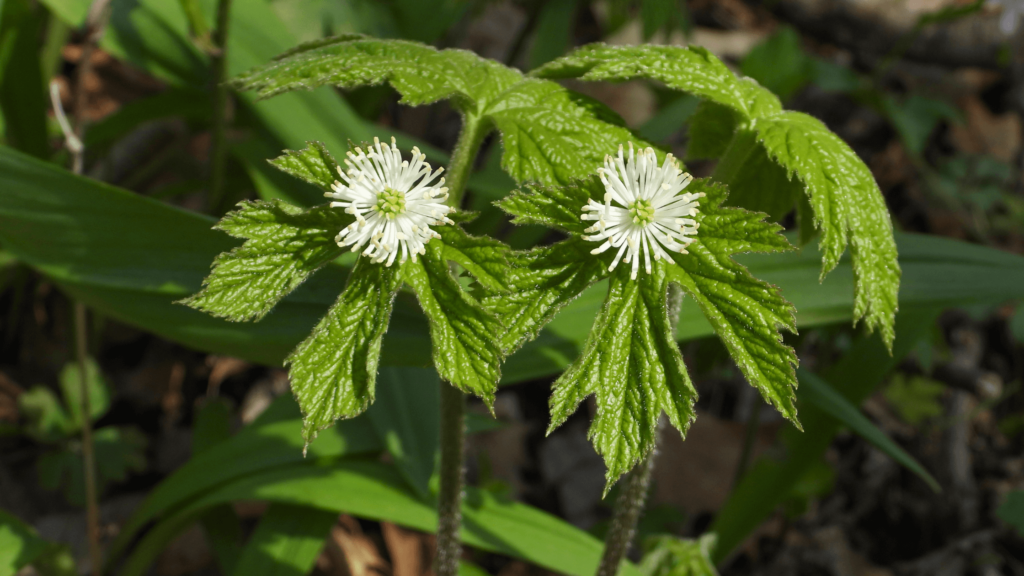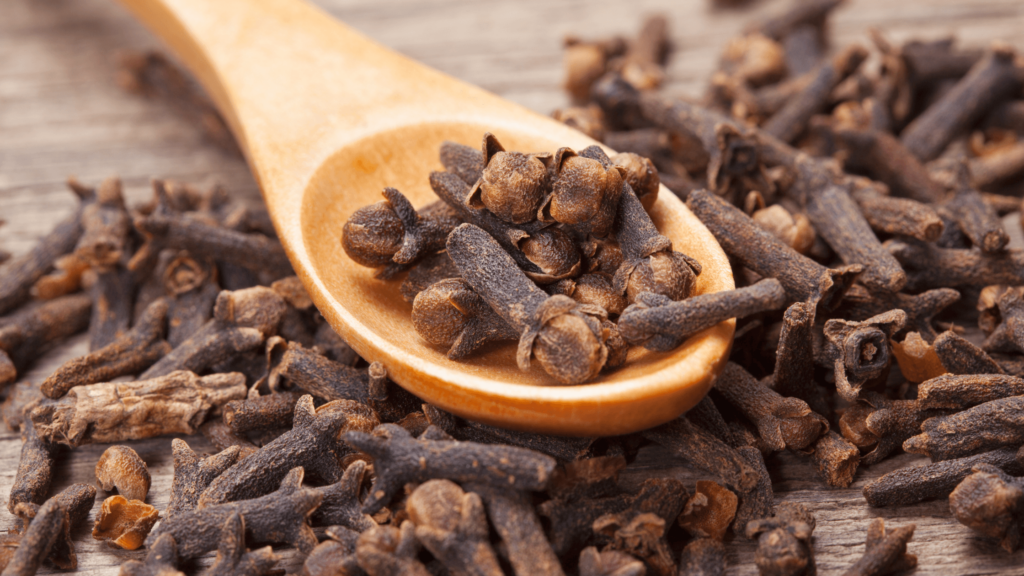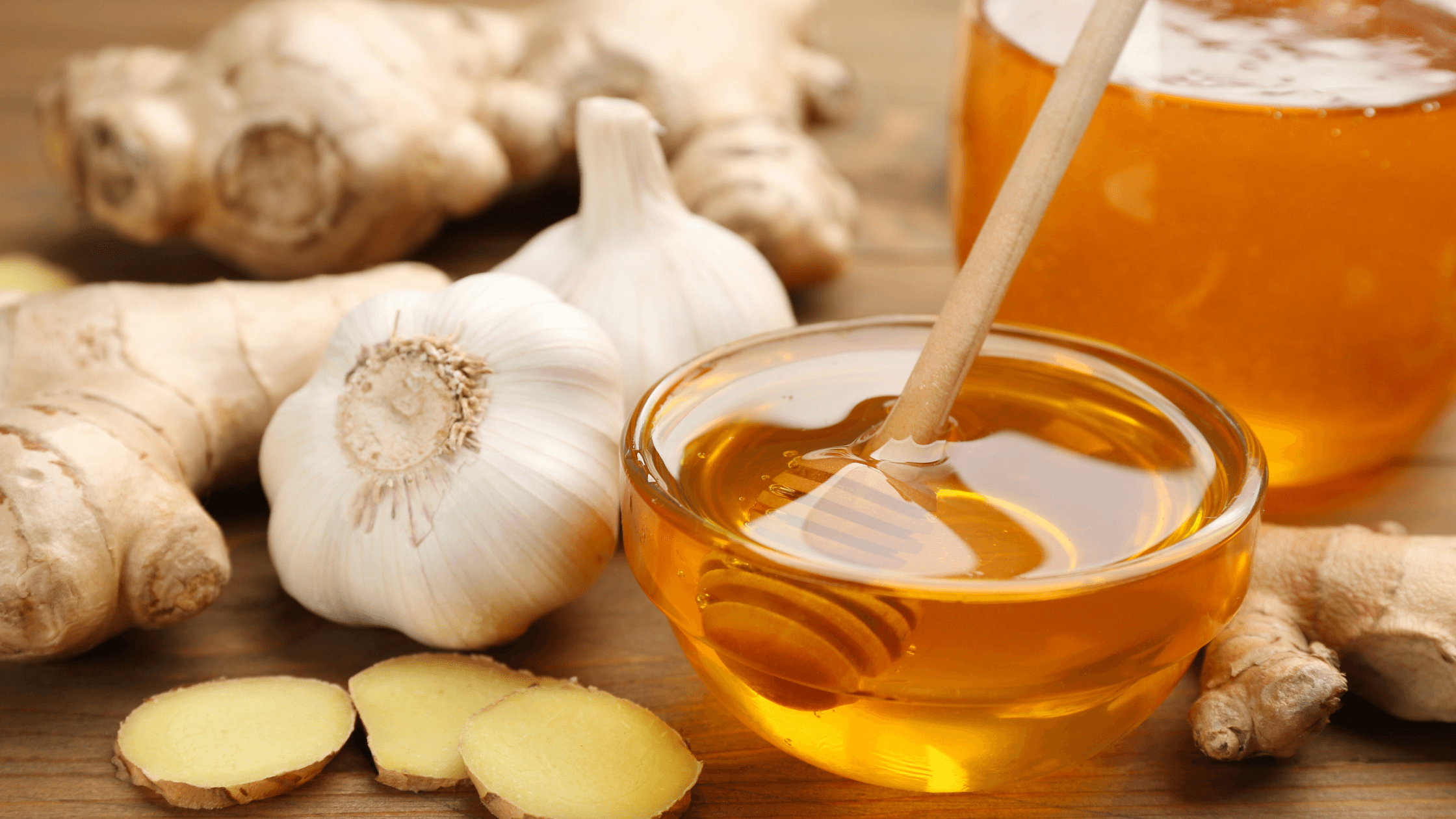Antibiotics have long been hailed as miracle drugs, saving countless lives from infections that once proved fatal. However, the overuse and misuse of antibiotics have led to significant health risks, including antibiotic resistance and harmful side effects such as digestive problems, yeast infections, and allergic reactions. In some cases, choosing natural antibiotics like probiotics, honey, and garlic can treat the issue without compromising long-term health.
The dangers of antibiotics

While antibiotics are essential for treating serious bacterial infections, they come with significant risks. One of the most pressing concerns is antibiotic resistance. This occurs when bacteria evolve and develop the ability to defeat the drugs designed to kill them. The Centers for Disease Control and Prevention (CDC) estimates that antibiotic-resistant bacteria cause more than 2.8 million infections and 35,000 deaths annually in the United States.
Antibiotics can also disrupt the natural balance of bacteria in the gut, leading to digestive issues and weakened immunity. Additionally, overuse of antibiotics can result in allergic reactions, liver damage, yeast infections, and an increased risk of other infections, such as Clostridium difficile (C. diff), a bacterium that causes severe diarrhea and colitis.
Best natural antibiotics
The good news is that natural alternatives to antibiotics can help prevent and treat infections. These natural remedies have been used for centuries and are supported by scientific research.
Probiotics
Probiotics are live bacteria and yeasts that are beneficial for gut health. They help maintain the balance of good and bad bacteria in the digestive system, which is crucial for a robust immune system. By supporting gut health, probiotics can help prevent infections and reduce the need for antibiotics.
Honey

Honey, particularly Manuka honey, has powerful antibacterial properties. It can be applied topically to wounds and burns to prevent infection and promote healing. Honey is also effective against a wide range of bacteria, including antibiotic-resistant strains.
Garlic
Garlic has been used for centuries as a natural remedy for infections. It contains a compound called allicin, which has been shown to have antibacterial, antiviral, and antifungal properties. Consuming raw garlic can help boost the immune system and fight off infections.
Pro tip: For the biggest bang for your buck, make some fermented garlic honey and take daily to boost immunity and support gut health.
Goldenseal

Goldenseal is an herb commonly used in traditional medicine to treat infections. It contains berberine, a compound with strong antimicrobial properties. Goldenseal can treat respiratory infections, digestive issues, and skin problems.
Echinacea
Echinacea is another herb known for its immune-boosting properties. It can help prevent and treat colds, flu, and other respiratory infections. Some studies suggest that echinacea can reduce the duration and severity of infections. Be mindful that echinacea is most powerful when used at the first signs of a cold.
Oregano
Thanks to its high concentration of carvacrol and thymol, compounds with strong antimicrobial properties, oregano oil is a potent natural antibiotic. It can be used to treat bacterial, fungal, and viral infections.
Clove

Clove has been traditionally used to treat infections due to its powerful antibacterial and antiviral properties. Clove oil can be used topically to treat skin infections or internally to fight respiratory infections.
Ginger
Ginger is a well-known natural remedy for various ailments, including digestive issues. Its anti-inflammatory and antimicrobial properties can help fight bacteria and viruses. Ginger can be consumed fresh, dried, or in supplement form to boost immunity.
A word of caution…
While natural antibiotics can be effective, they are not a replacement for prescribed medications in all cases. It’s important to use natural remedies under the guidance of a healthcare professional, especially for serious infections. Prescribed antibiotics should still be used when necessary, particularly for life-threatening conditions where natural remedies may not be sufficient.
Immune-boosting honey
For those looking to incorporate natural antibiotics into their daily routine, here’s a simple recipe for immune-boosting honey.
Ingredients:
– 1 cup raw honey (preferably Manuka honey)
– 1 tbsp. fresh ginger, grated
– 1 tbsp. fresh turmeric, grated
– 1 tsp. cinnamon
– 1 lemon, juiced
Instructions:
1. Combine all ingredients in a jar and mix well.
2. Store in a cool, dry place for up to two weeks.
3. Take one tablespoon daily, or as needed, to boost your immune system.
Bottom line
While antibiotics have their place in modern medicine, their overuse and misuse can lead to significant health risks. Nature provides us with alternatives that can help combat infections without the dangers associated with synthetic drugs.
Probiotics, honey, garlic, and other natural antibiotics can support your immune system and help you stay healthy. However, using these natural remedies wisely and consulting with a healthcare professional when necessary is important. Embracing natural antibiotics can be a great way to reduce dependency on synthetic drugs and promote overall well-being.


